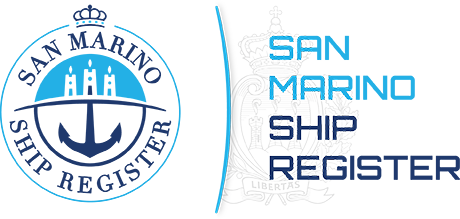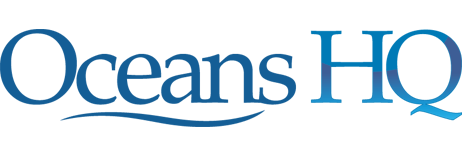Posted in Vessel Registration, Electronic Certificates
The FAL Convention entered into force way back in March 1967. One of its purposes was to help streamline and reduce the amount of paper work that existed in the Maritime industry. Since then however, more and more regulations and Conventions have come into force in the maritime industry which have caused an increase in the amount of paper work and reporting requirements. For the 115 flag states signed up to this Convention this has meant that the past decades have seen an ever increasing burden in the amount of paper work and certificates that are required to be issued.
As a result, the Facilitation Committee at the IMO has been under increasing pressure from Maritime Administrations, in particularly the Danish and Panamanian Administrations, to review the Convention and to bring the shipping industry into the 21st century by way of use of electronic certification. The Danish Maritime Authority themselves together with DFDS A/S have been piloting a project for the use of electronic certificates. Their findings were that there are significant time and monetary savings to be made through the use of electronic certification. Furthermore the project demonstrated that there are no longer any technical or legal issues to prevent such a system from being implemented.
On 26th September 2014 and after five years of ongoing work by the FAL Committee, the International Maritime Organisation’s Facilitation Committee (FAL) approved a set of updated guidelines on the use of electronic certificates and issued a notice calling on all member States to accept the use of electronic certificates. In doing so they also sent out a clear message to all involved in the maritime industry, especially port state control inspectors and vetting agencies that they too must now recognize and accept certificates and documents issued electronically in addition to paper certificates.
The following is a list of the nine main recommendations of the FAL Committee which would have a significant impact on the reduction of the current administrative burden on Maritime Administrations:
Amendments to the FAL Convention are expected to be adopted at the next session of the Facilitation Committee due to be held in 2016. For Maritime Administrations to benefit from changes to FAL in respect of electronic certification and reporting, they will need to have a robust and secure IT platform which is able to meet with all the various certification and reporting requirements.
Oceans Cloud is the industry leading software solution for Marine Administrations to manage their registry of ships and to meet the international obligations of ISO, IMO, STCW, and MLC. It has been designed specifically for Maritime Administrations by professionals from both the maritime and information technology industries. Large and small Maritime Administrations alike use our services. A major benefit to any Maritime Administration is that it is continuously kept up-to-date and compliant with new international regulations.







Capture, process and analyse your Maritime Administration's data while ensuring compliance with international regulations.